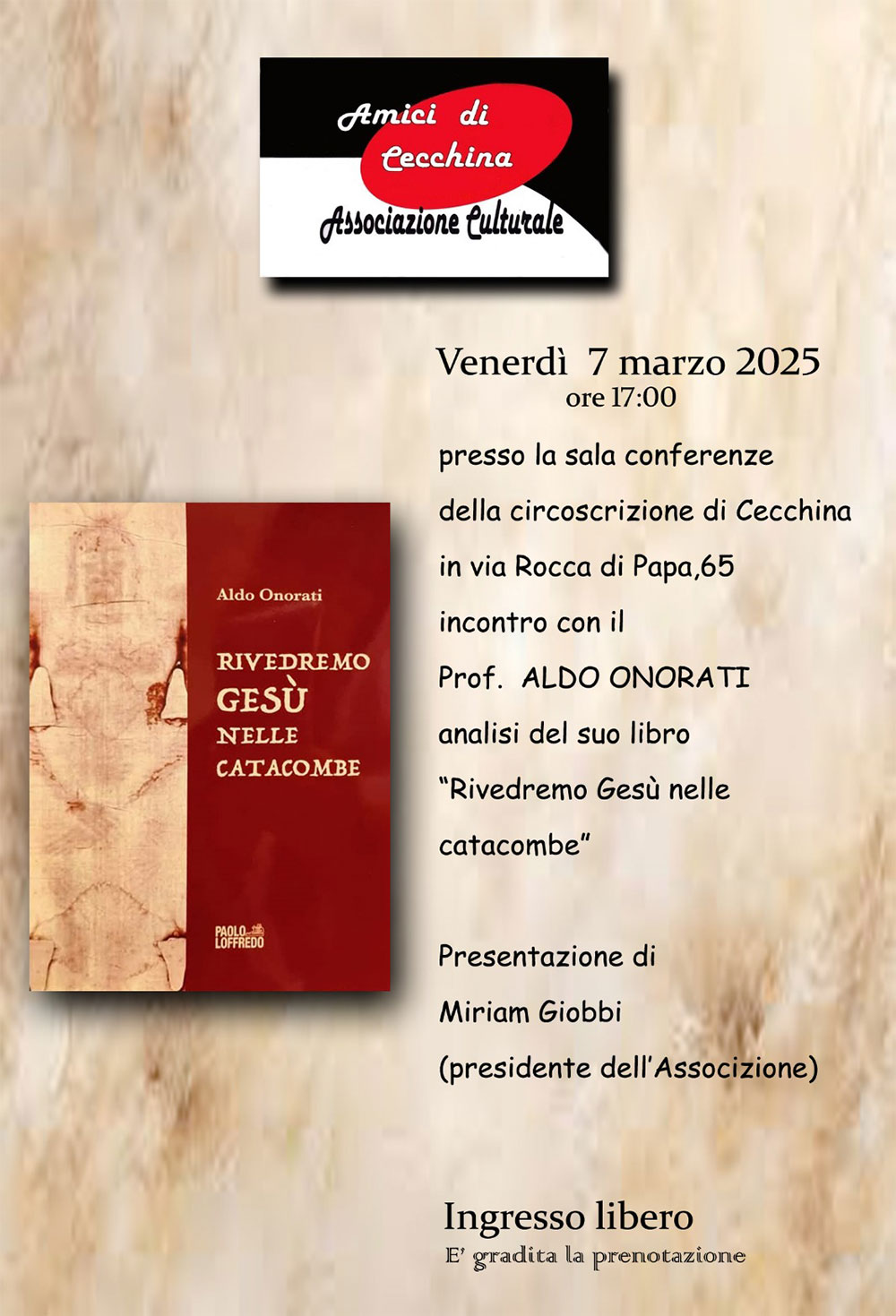 Paolo Loffredo, sixth generation of a large family of publishers and booksellers engaged in the production and distribution of books since the late nineteenth century, creates in 2012 the new editorial company Paolo Loffredo Editore. The historical site was until the '80s in the heart of the historic centre of Naples in Via San Biagio dei Librai, lower Decumano and also known as the SpaccaNapoli.
Paolo Loffredo, sixth generation of a large family of publishers and booksellers engaged in the production and distribution of books since the late nineteenth century, creates in 2012 the new editorial company Paolo Loffredo Editore. The historical site was until the '80s in the heart of the historic centre of Naples in Via San Biagio dei Librai, lower Decumano and also known as the SpaccaNapoli.
At the beginning of the twentieth century, Giuseppe Loffredo decided to add book selling to the book production, which definitively imposed itself after World War II with the publication of manuals for the University and for the School that succeeded in establishing themselves soon throughout Italy.
LAST EVENT
"Rivedremo Gesù nelle catacombe"
07 Marzo 2025 - Sala Conferenze circoscrizione di Cecchina - via Rocca di Papa 65, Albano Laziale (RM) - ore 17,00

Le forme dell’altro
ISSN: 2611-1470
Language: Italian
Publisher: Paolo Loffredo Editore Srl

Description
Le forme dell’altro
Dal mostro ai corpi disabitati di Samuel Beckett
Loretta Pistilli, intellectually brave, with her critical-methodological sensitivity and deepness, unmasks politically correct languages, to phase the occidental history of "the body going out of the universally accepted canons".
The volume moves in a diachronic way in the first part, exploring the theme of misshapen body, starting from Ancient Greek and Rome, and arriving at contemporaneity. In the second part it proposes a precise analysis of hemblemathic works by Hugo's and Beckett's, giving back importance to the feminine question and to the language of the authors, which reaches absolute silence and desire paralysis. "The discourse in these pages aims to show how the anomalous body, which is not only the antithesis to an aesthetic model, allows to investigate the principle of alterity in every one of its meanings, especially the extreme difficulty, or even the impossibility, in opening to the word". Loretta Pistilli's studies and experiences of social commitment allow to overcome obstacles and go back to the dimension of authentic human encounter that Beckett's characters used to wait, standing at that window from which light does not soak anymore.
Even if eyes could not catch it, the author demonstrates that alterity has a beauty that exists and must be followed overcoming every barrier, both physical and cultural.



